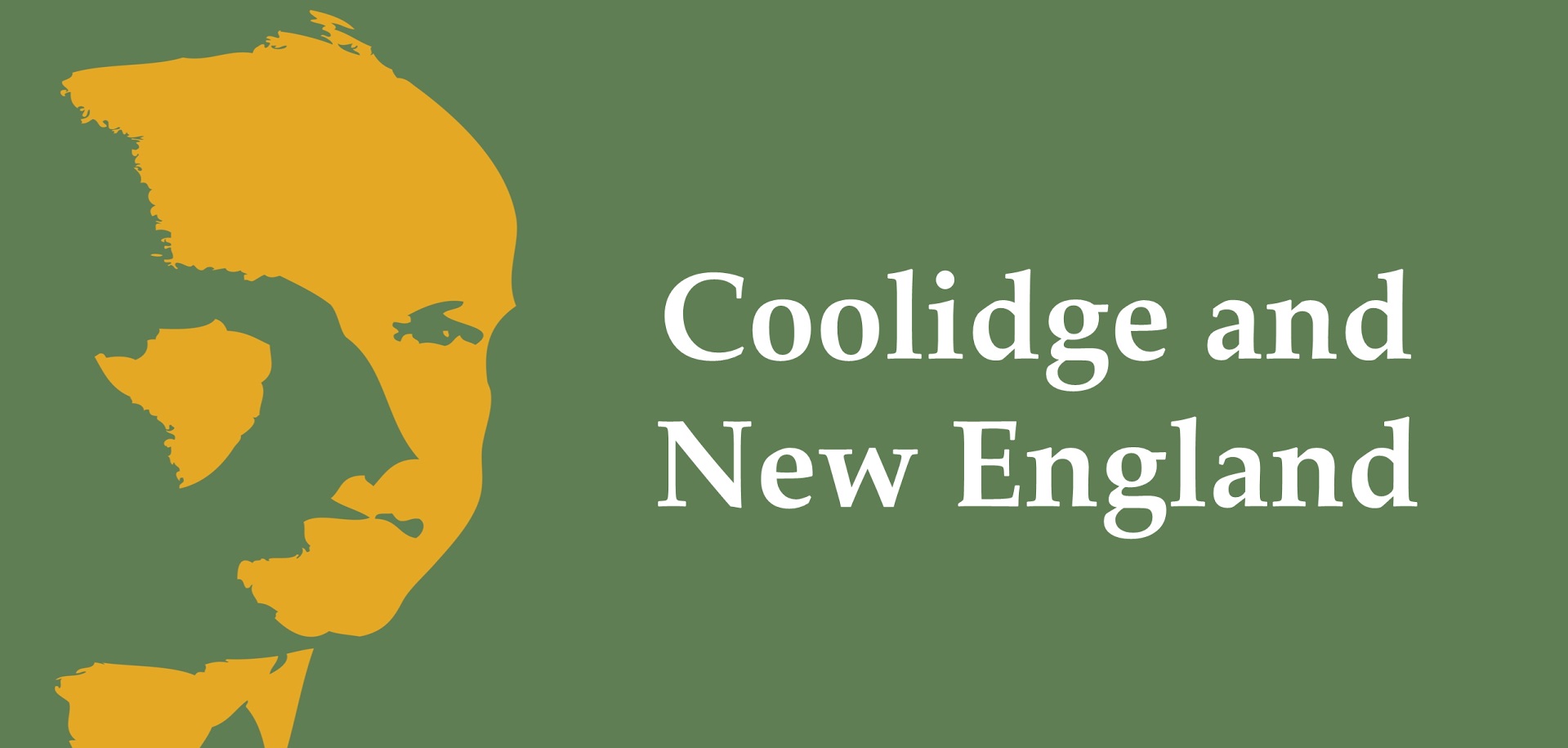
By Jim Douglas and Amity Shlaes
Later this spring three students will receive one of the most generous scholarships in America: the Coolidge, a full-ride, four-year college scholarship for academic merit that will be awarded by the Coolidge Foundation. The winning students are among ten finalists who come to Plymouth Notch for interviews as rigorous as, and similar to, the interviews for the Rhodes Scholarship to Oxford. Among the question topics? The life of Calvin Coolidge, including his youth in the Green Mountains.
Before they start the application process, not many of the 2500 or so high school juniors who apply for the Coolidge know much about Vermont’s president. Many aren’t too familiar with Vermont, either. As part of the application process, all 2500 candidates for the Coolidge Scholarship read the President’s autobiography and write an essay about the values he embodied. The top one hundred applicants advance to the semifinalist round. A smaller group of the top semifinalist are named “Coolidge Senators” and invited to participate in a weekend in Washington to learn about Coolidge’s time in the Capital and his New England emphasis on civility, bipartisanship and limited government. Even the teachers who write recommendations for the Scholarship receive something: a free admission ticket to the historic site, for their use should they come to Vermont.
Our top ten finalists get a more intense exposure to our president. They tour the Site, read a Coolidge speech in Plymouth’s Union Christian Church and (this year) sing with Castleton University’s Bill Wiles at the President’s grave. By the time they depart, these scholarship finalists are experts on Coolidge. They know the details of the quiet man’s rise to the presidency. They know about First Lady Grace Coolidge’s work for the deaf. And oh yes, they know about a few other things – including the preparation of hot pepper cheese by aficionado Jesse Werner at the Plymouth Cheese Factory.
Currently the number of winners of the full scholarship is small, but the goal of our Foundation is to grow the program over time, so that eventually each year we’ll recognize a class of ten to twelve Coolidge Presidential Scholars.
And in addition to our scholarship, we have another way we bring youth to Vermont: high school debate. Four years ago, the Foundation expanded its work to bring students to the Notch for our nationally recognized Debate Camp and Tournaments. Since then, more than a thousand teens from all over the country have debated topics such as Social Security, tariffs, taxation and income distribution at the Notch. While there, these debater also view exhibits curated by Site Administrator Bill Jenney and learn the story of the Notch and the Coolidge family. One of our most exciting debate initiatives is the August Debate Camp for young men from Houston’s ProVision schools. This trip is the first time many of these campers have left Texas. While in Vermont they study Coolidge’s speeches and meet with representatives of Castleton, Dartmouth and other colleges; last summer they toured the Middlebury campus, rode the cog railway up Mount Washington, and hiked in Camp Plymouth State Park led by our educator, Diane Kemble.
The new Coolidge Scholarship builds on such work by reaching out to those top American students who are likely to be our country’s leaders of tomorrow. A stipulation of acceptance of the Scholarship is that the winners return to the Notch for several summers to serve as counselors at the Coolidge Foundation’s Debate Camp.
Educating young people about Coolidge has been a mission of the Foundation since it was founded by John Coolidge, the President’s son, and the State of Vermont more than half a century ago. For some time, Ms. Kemble has brought Vermont primary school children from around the state to learn about the thirtieth president in our Coolidge classrooms.
The Foundation’s education programs align perfectly with the Coolidge tradition, because, like so many New Englanders, the President prized education highly. A naturally shy youth, Coolidge was still desperate to go when he had the chance to attend high school. “I was perfectly certain that I was traveling out of the darkness into the light,” wrote Coolidge about heading by sled to Black River Academy in Ludlow. For college, Coolidge travelled down the Connecticut Valley to Amherst, but he never forgot what he had learned here in Vermont. Coolidge was so enthusiastic about education that, as President, he supported the creation of what we now know as the Department of Education, saying that a cabinet-level secretary would “dignify the importance of educational effort.”
One of the great joys of these Coolidge Foundation efforts has been the support we receive from New Englanders. For debate, the state of Vermont is our cohost. Some New Englanders volunteer to lead our young visitors on tours of the historic site. Others spend hours under white tents where we conduct our debates – even when it’s hot. Yet others, led by Coolidge trustees Catherine Nelson of Rutland, Ann Shriver Sargent of Norwich, and Heidi Eldred of Hanover, judge candidates for the Coolidge Scholarship. Currently Coolidge Foundation staffer Rob Hammer (rhammer@coolidgefoundation.org) is seeking debate judges for the week before the Fourth of July. Please join us in teaching young visitors from across America about our region and our President. Especially in a time of polarization, we need to encourage more young Americans to learn about the quiet man from Plymouth Notch who governed our nation with civility and respect.
Jim Douglas, a Foundation trustee, was a four-term governor of Vermont. Amity Shlaes, chair and CEO of the Coolidge Foundation, is the author of the New York Times bestseller, “Coolidge.”